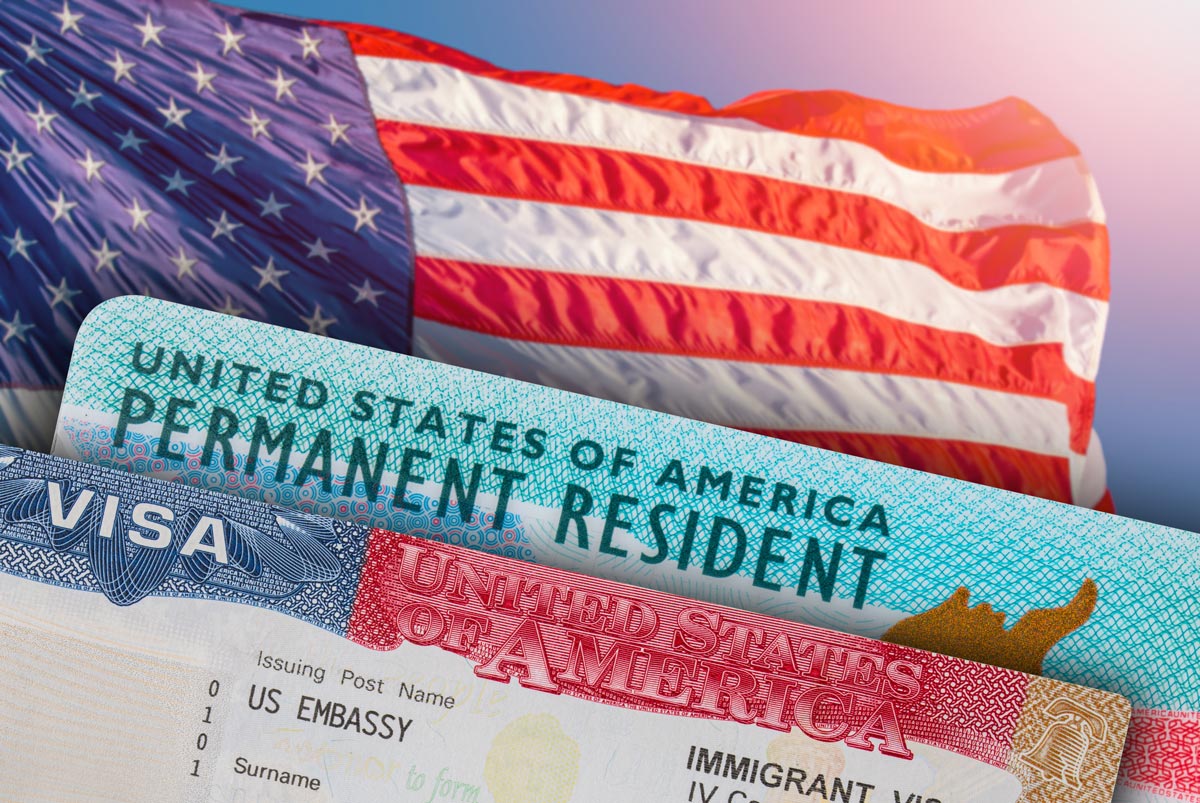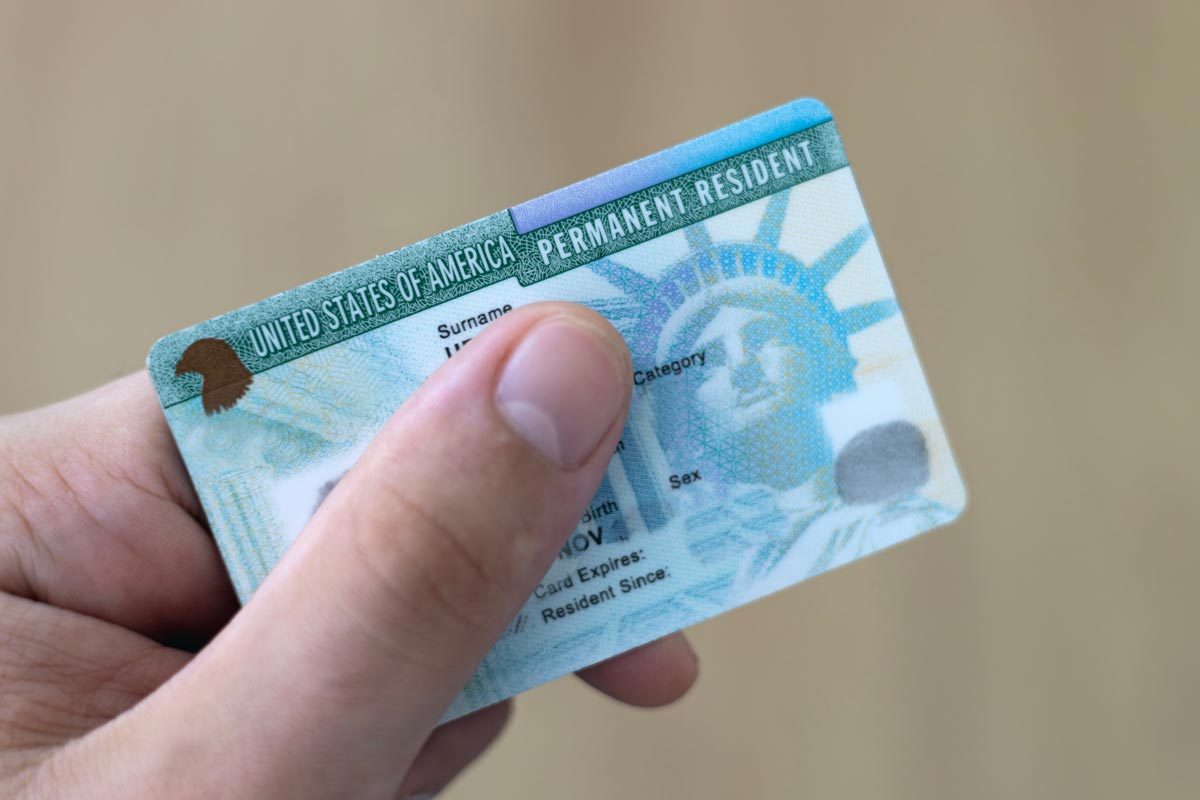
The complexity and changing landscape of immigration laws makes it difficult for those seeking answers. Many people wonder if it’s possible for an illegal immigrant to obtain a green card. The answer depends on your circumstances.
Are Illegal Immigrants Eligible for a Green Card?
Yes, an illegal immigrant can get a green card, but only under certain conditions. US immigration law provides specific paths if you entered the country unlawfully or overstayed their visas.
How to Get an Illegal Immigrant a Green Card
An illegal immigrant may qualify for a green card in a few ways. These are the most common options to get an illegal immigrant a green card:
Through Marriage
Many wonder if an illegal immigrant can get a green card through marriage. The answer is yes, but the process depends on a few factors.
If the Immigrant Overstayed but Entered Legally
Illegal immigrants who entered legally but overstayed can apply for a marriage-based green card. They can do this without leaving the country. The process is the same as it would be for someone with legal status.
However, they should avoid leaving the US until they get their green card. If they leave, they could face a 3- or 10-year ban from returning, depending on how long they overstayed.
If the Immigrant Entered Illegally
Illegal immigrants who enter without legal permission can qualify. But they’ll likely need to leave the US to complete the process.
- If they’ve been in the US illegally for less than 180 days, they can return to their home country. Then, they can apply for a green card through a US consulate.
- If they’ve been in the US illegally for more than 180 days, they face a 3- or 10-year ban from re-entry. They must apply for a provisional waiver before leaving the US to avoid this.
This is the process for illegal immigrants to get a green card through marriage:
- Submit Form I-130 to prove your marriage is real.
- The National Visa Center (NVC) will request the immigrant visa application and fee upon approval.
- Illegal immigrants must apply for a provisional waiver if subject to a re-entry bar.
- They will attend a green card interview at a US consulate in their home country if approved.
What happens if they enter illegally more than once after deportation or after a year of unlawful presence? They may face a lifetime ban from returning to the US.
If the Illegal Immigrant’s Spouse Is a Green Card Holder (Not a US Citizen)
Spouses of green card holders follow a process like undocumented spouses of US citizens. But, it can take longer since they need to wait for a visa to become available. Check current laws and get legal guidance to confirm eligibility for a waiver.
Adjustment of Status Under Section 245(i)

Illegal immigrants may qualify for a green card under Section 245(i) of the Immigration and Nationality Act. This applies to those who had a family or employer petition filed on their behalf before April 30, 2001. If eligible, they can adjust their status without leaving the US, even if they entered unlawfully.
Asylum or Refugee Status
Illegal immigrants who entered the US to escape persecution may apply for asylum. Immigrants can apply for a green card one year later if they get asylum. Asylum is available for individuals who face persecution based on:
- nationality
- race
- political opinion
- religion
- membership in a particular social group
Special Immigrant Juvenile Status (SIJS)
Minors who entered the US unlawfully may qualify for Special Immigrant Juvenile Status (SIJS). This applies to abused, abandoned and neglected children. If they get SIJS, they can apply for a green card. Keep in mind that this path has unique requirements and limitations.
T Visas or U Visas
Victims of human trafficking may qualify for U or T visas. These visas provide temporary legal status and a pathway to a green card. They last for up to four years, and depending on unique circumstances, you can extend it.
T and U visa holders can work in the US, but the rules depend on their specific status. Some receive automatic authorization to work based on their immigration status. Meanwhile, others need to apply for an Employment Authorization Document (EAD) from USCIS.
Those with an EAD will receive a Form I-766, which proves they can work. However, not all T and U nonimmigrants must have an EAD to start working.
One Step towards Freedom with Immigration Bonds
Don’t navigate the complexities of immigration alone. Connect with us to guide you through the process and help you take the next step toward securing your future.